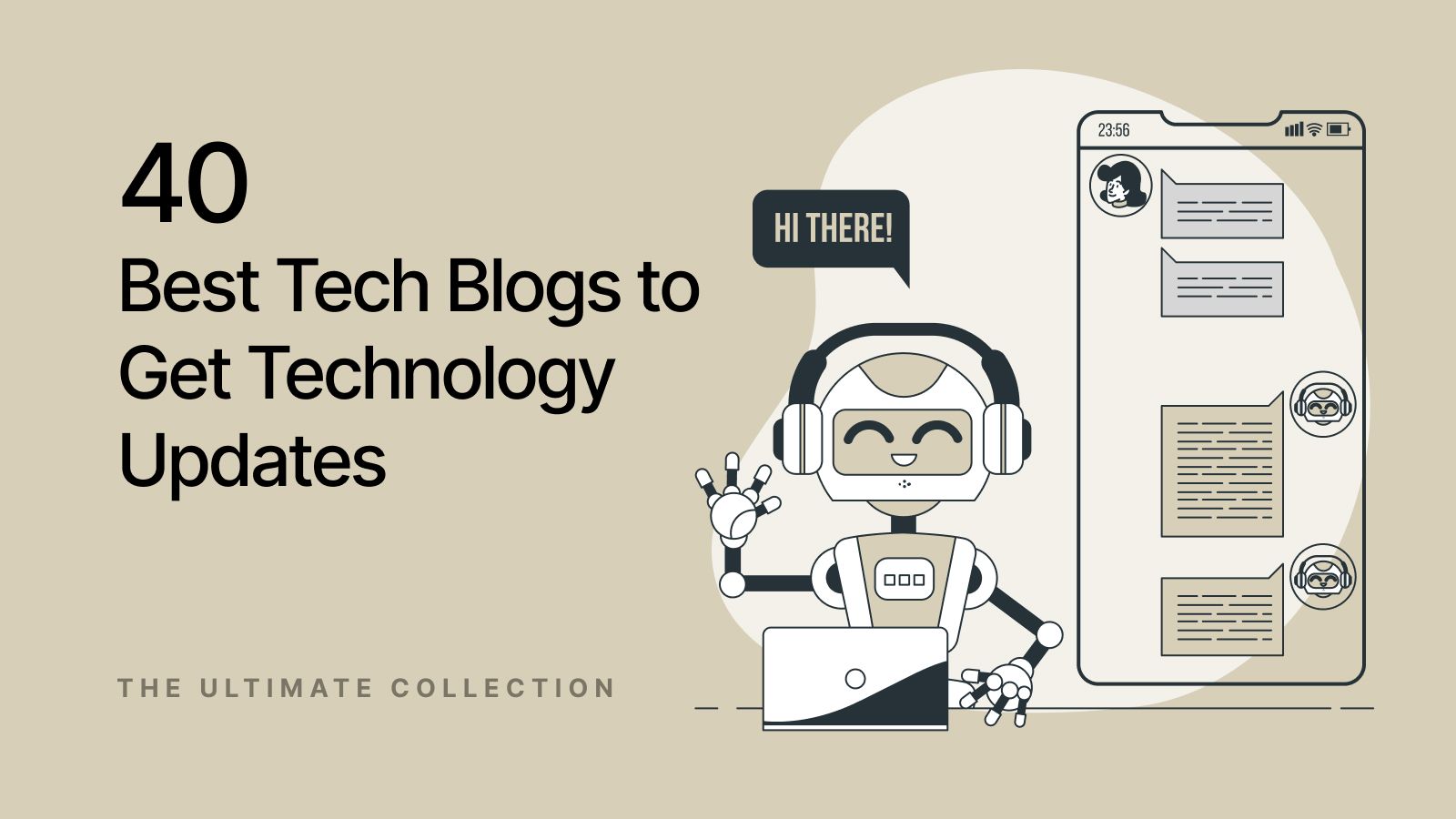How Blockchain Modern Technology Is Revolutionizing Data Protection
Blockchain modern technology is essentially altering the landscape of data safety and security by introducing a decentralized framework that assures boosted openness and resilience. Unlike traditional systems, which count on central information databases, blockchain disperses data across a network, reducing susceptabilities and solitary points of failing. The usage of sophisticated cryptographic strategies guarantees that data stays tamper-proof, cultivating trust fund amongst customers and stakeholders. As markets swiftly adapt to this innovation, concerns emerge concerning its more comprehensive effect and prospective challenges. What ramifications does this shift hold for future information defense strategies and governing structures? The solutions may amaze you (Best tech blog).
The Basics of Blockchain
Blockchain technology, a revolutionary principle in electronic information monitoring, fundamentally transforms exactly how details is stored and protected. At its core, a blockchain is a dispersed ledger that tape-records transactions throughout a network of computer systems, ensuring transparency and immutability. The innovation operates on a chain of blocks, each including a listing of purchases. Once a block is filled up, it is time-stamped and linked to the previous block, producing a sequential chain.
Trick to recognizing blockchain is the hashing procedure, which encrypts deal data right into an unique alphanumeric code. This cryptographic feature guarantees that any change in the purchase data causes a completely different hash, consequently protecting against tampering. The consensus mechanism, an additional crucial part, verifies and validates new deals via a network of nodes, consequently removing the demand for a central authority.
Furthermore, blockchain's append-only structure makes certain that information, when included, can not be deleted or changed. This particular assurances a long-term and verifiable document of deals, cultivating count on among participants. As a result, blockchain supplies a robust framework for data honesty, providing sectors a dependable method for tracking and handling electronic info in a safe, transparent way.
Decentralization and Security
Decentralization, a core principle of blockchain modern technology, dramatically improves information security by dispersing control throughout a network instead of counting on a single, central entity. This circulation reduces the danger of solitary points of failure, which are common in typical central systems. By distributing information throughout countless nodes, blockchain makes certain that also if one node is compromised, the entire network stays secure. This redundancy not only strengthens the integrity of the data but also raises its durability to cyberattacks and system failings.

Furthermore, decentralization encourages individuals with better control over their information. Each individual in the network has accessibility to the entire blockchain, permitting them to verify and investigate purchases independently. This transparency promotes trust fund amongst customers, as they do not need to depend on a main authority to make sure data integrity. Overall, decentralization contributes in improving data protection in blockchain networks.

Cryptographic Techniques
At the heart of blockchain innovation, cryptographic methods play a critical function in guarding information, guaranteeing both discretion and honesty. Cryptography in blockchain uses a combination of symmetrical and crooked formulas to encrypt information, making it available just to licensed celebrations.
Hash features are one more important element, changing input data right into a fixed-size string of More Help personalities, efficiently developing a distinct electronic finger print for each block. This makes certain that any attempt redirected here to modify the information will cause an entirely different hash, thus keeping the immutability of the blockchain. Digital signatures validate the authenticity and integrity of transactions, providing a layer of non-repudiation.
The decentralized nature of blockchain, incorporated with robust cryptographic techniques, eliminates the requirement for intermediaries, reducing prospective susceptabilities. As blockchain technology develops, improvements in cryptography such as zero-knowledge evidence and homomorphic file encryption continue to boost protection steps, further strengthening information protection in this revolutionary electronic ledger system.
Use Instances Throughout Industries

In the health care sector, blockchain guarantees the protected storage space and sharing of person documents, advertising interoperability while guarding delicate information from unapproved access. This modern technology empowers individuals with control over their case history and helps with seamless control among doctor.
Supply chain management advantages dramatically from blockchain's immutable journal, which ensures traceability and credibility of items from origin to consumer. By boosting openness, blockchain helps mitigate problems such as counterfeiting and dishonest sourcing.
Furthermore, blockchain's decentralized nature is reshaping the energy market by making it possible for peer-to-peer energy trading, where consumers can deal excess renewable resource straight. This fosters a much more reliable and sustainable power environment.
In the realm of copyright, blockchain supplies a tamper-proof platform for designers to sign up and shield their jobs, making sure rightful attribution and reasonable payment. These varied use cases underline blockchain's duty as an essential force in redefining information security throughout industries.
Future of Information Protection
As we look to the future of data protection, blockchain modern technology is positioned to play an essential duty in safeguarding electronic info. useful reference With its decentralized and immutable attributes, blockchain offers a durable structure for securing sensitive information against unauthorized accessibility and cyber dangers. This technology guarantees that once information is videotaped, it is nearly difficult to alter without detection, hence offering a significant benefit over conventional data storage methods.
The assimilation of blockchain with various other sophisticated innovations, such as synthetic intelligence and the Internet of Points (IoT), is expected to boost data protection techniques additionally. By leveraging clever agreements, companies can automate and impose safety and security procedures, decreasing human error and raising performance. In addition, blockchain's ability to provide clear and deducible transactions will bolster trust fund and liability in data management methods.
As governing landscapes evolve, blockchain's compliance-friendly nature will certainly become significantly relevant. It can assist organizations satisfy rigid information defense regulations, such as the General Information Defense Policy (GDPR) and the California Customer Privacy Act (CCPA), by providing proven documents of data processing activities. Ultimately, blockchain's distinct qualities position it as a transformative device in the ongoing quest to safeguard the electronic world versus ever-evolving cyber risks.
Final Thought
Blockchain modern technology stands for a standard change in data protection by leveraging decentralization and cryptographic methods to enhance openness, trust, and information integrity. Its ability to get rid of solitary points of failing and employ consensus mechanisms substantially reduces the risk of scams and cyberattacks. This ingenious framework not only encourages users with better control over their data yet likewise straightens with regulative conformity. As cyber threats develop, blockchain emerges as a crucial tool for robust information protection across numerous markets.
Blockchain innovation is basically modifying the landscape of data safety by introducing a decentralized structure that assures enhanced openness and resilience. Unlike traditional systems, which count on central data repositories, blockchain disperses information throughout a network, lessening susceptabilities and single factors of failing.Decentralization, a core concept of blockchain modern technology, substantially enhances information security by distributing control throughout a network instead than counting on a particular, central entity.At the heart of blockchain technology, cryptographic techniques play a critical duty in protecting data, guaranteeing both discretion and integrity.Blockchain modern technology represents a standard shift in data safety by leveraging decentralization and cryptographic methods to enhance transparency, depend on, and information stability.